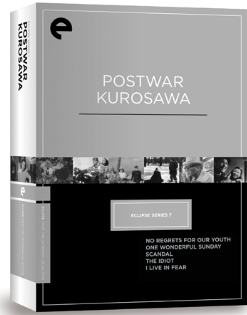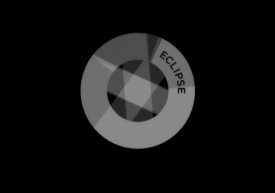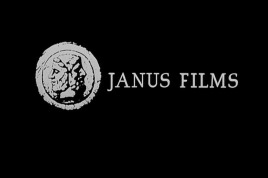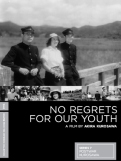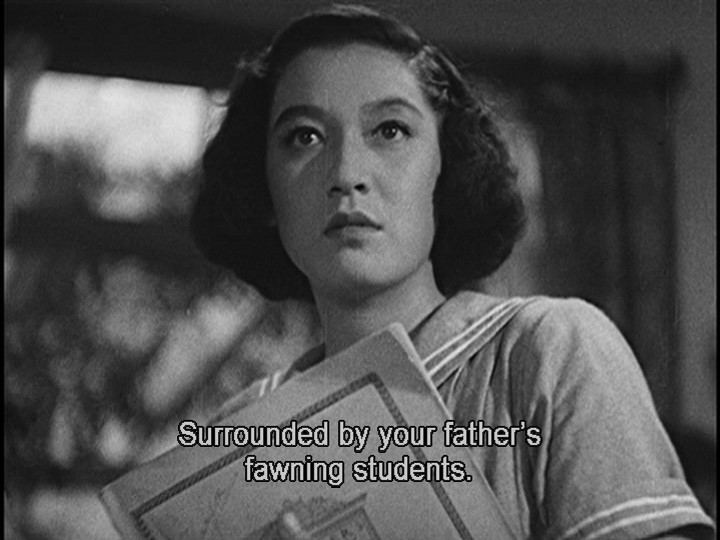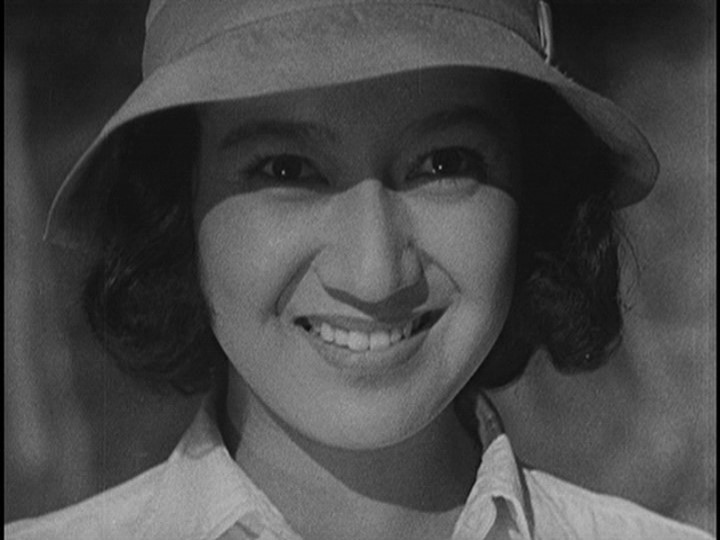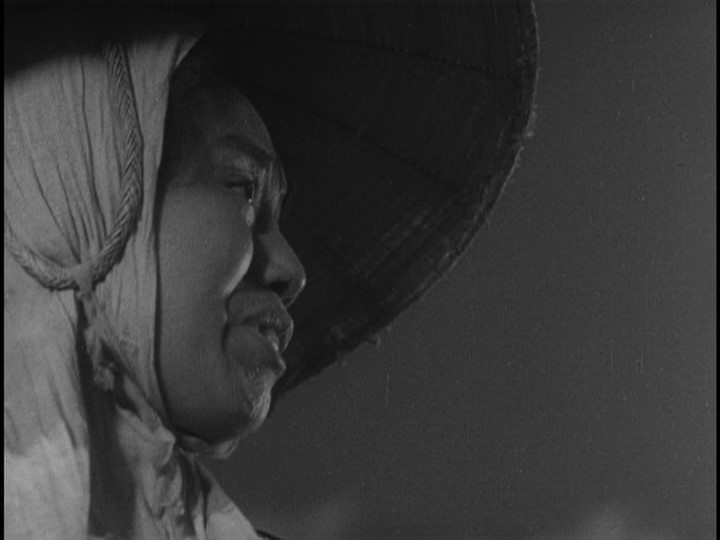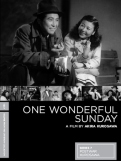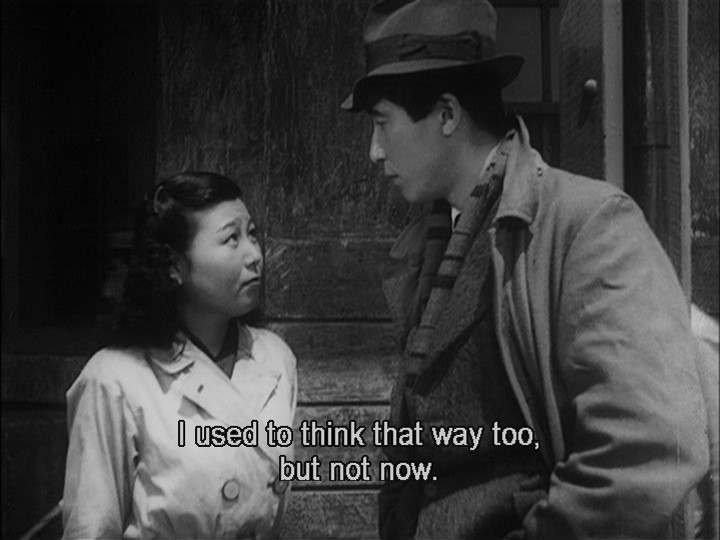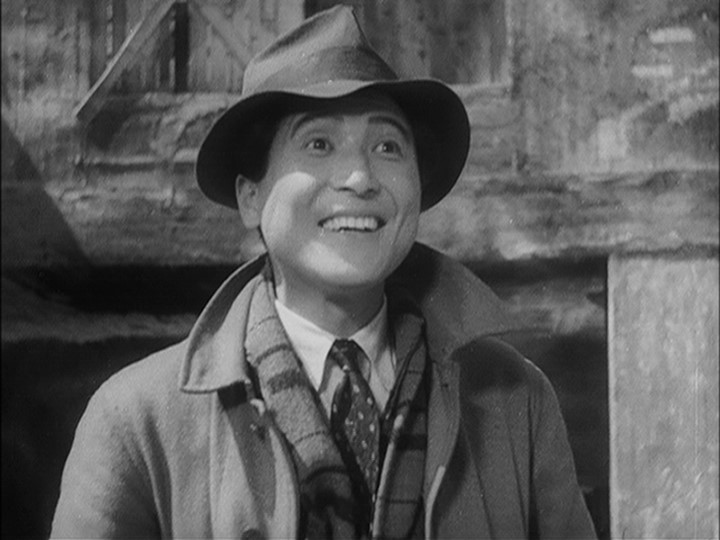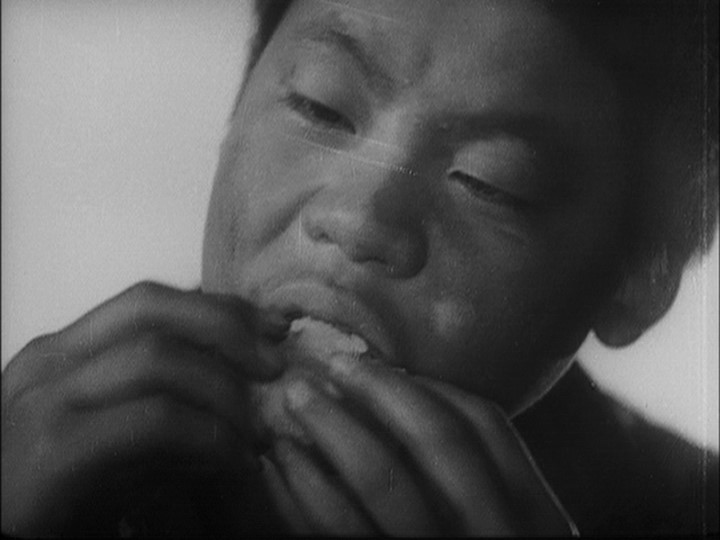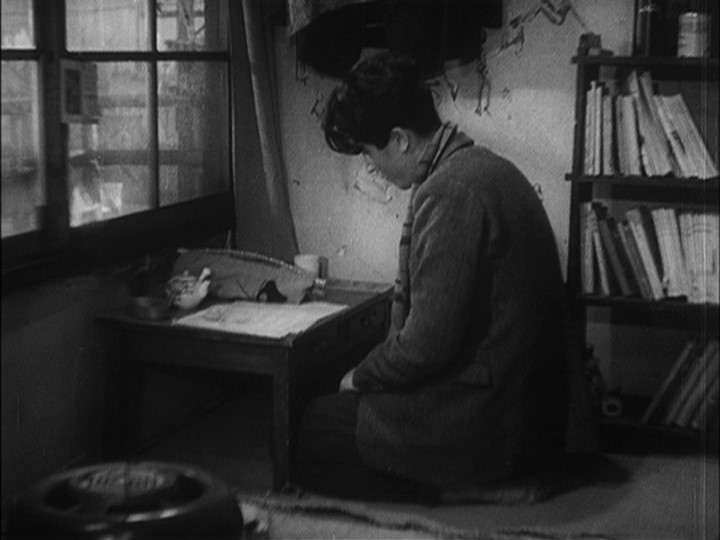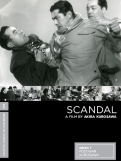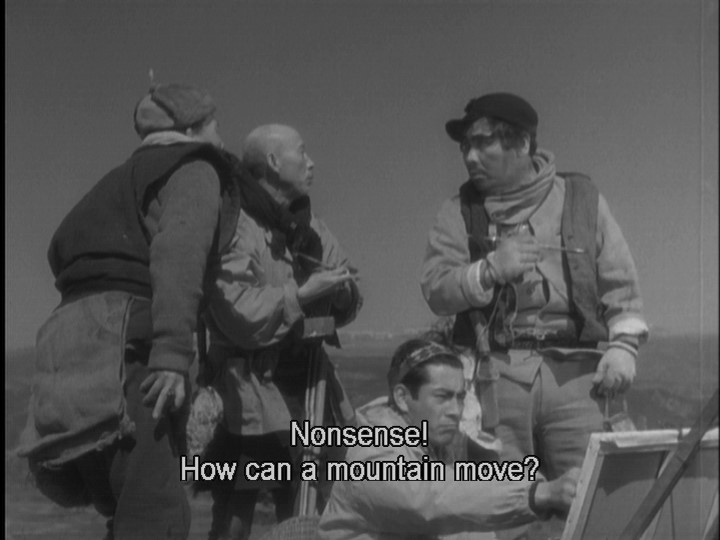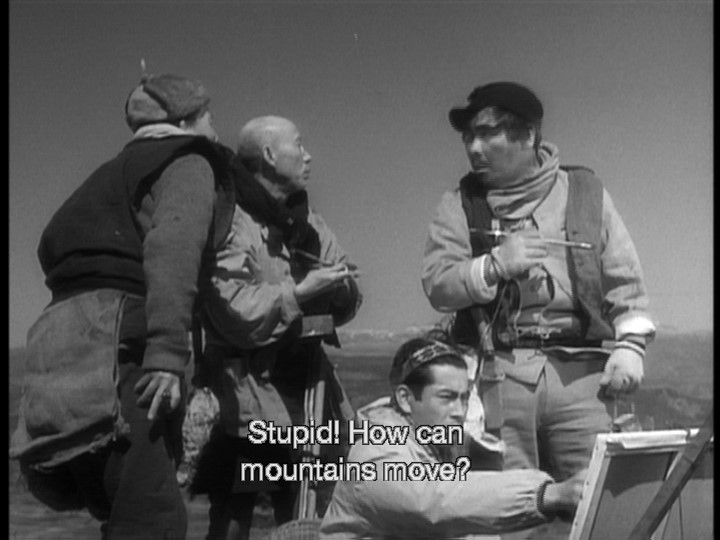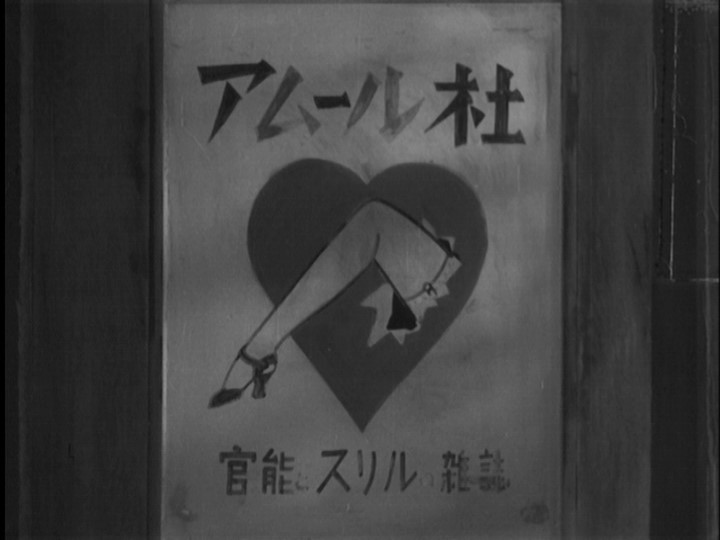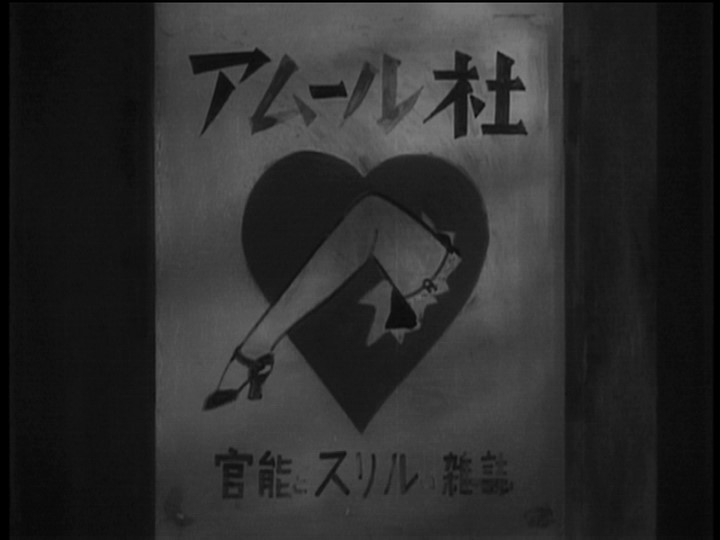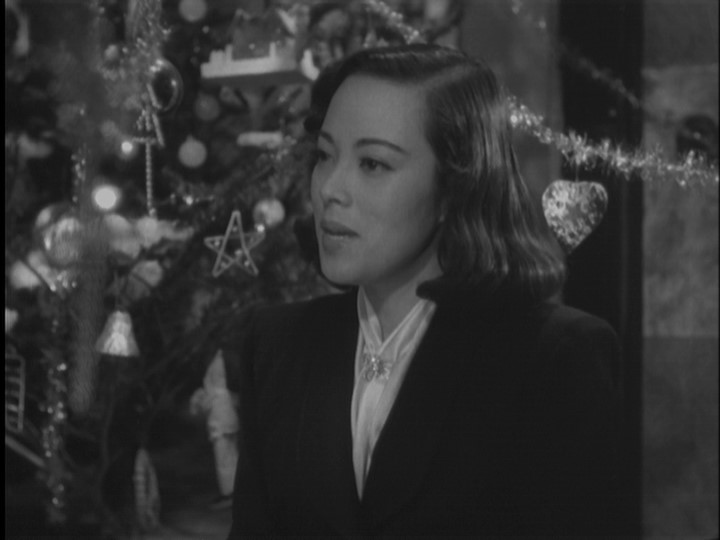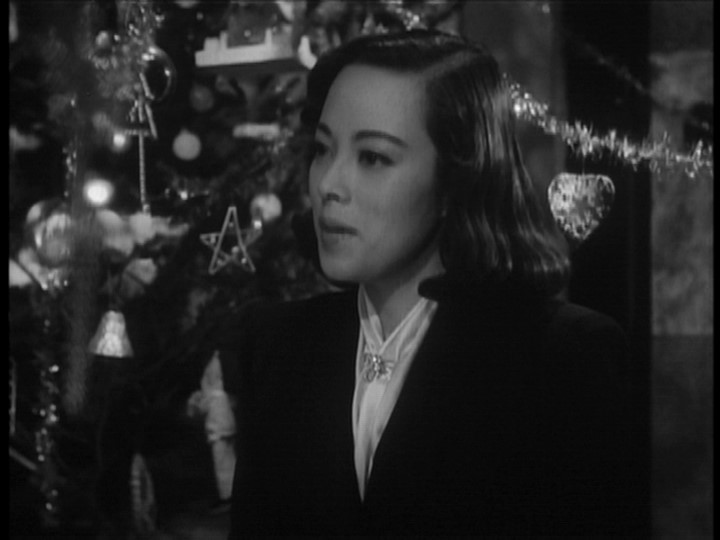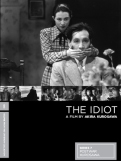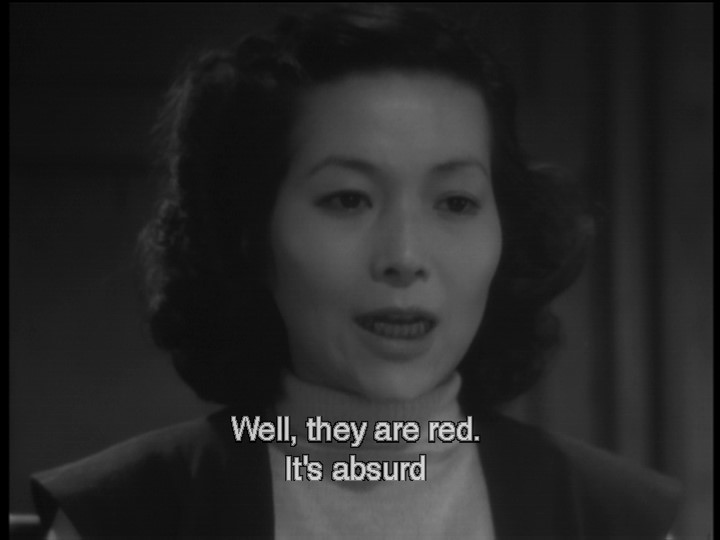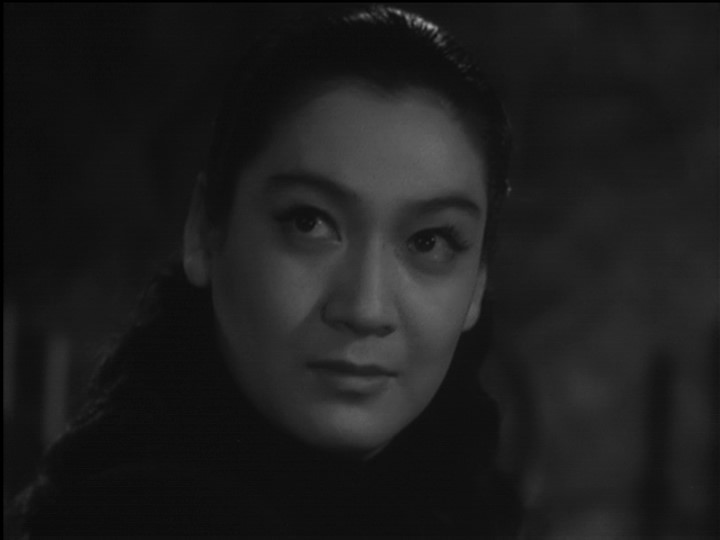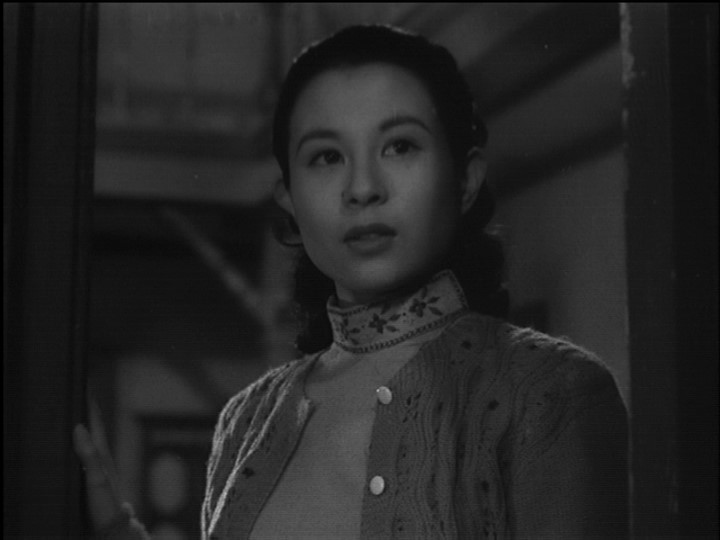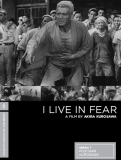|
WE NEED YOUR HELP! We have started a Patreon page with the hopes that
some of our followers would be
willing to donate to keep DVDBeaver
alive. We are a small niche, so your
generosity is vital to our
existence. |
![]()
![]()

![]()
![]()
|
Search DVDBeaver |
S E A R C H D V D B e a v e r |
|
|
Postwar Kurosawa
No Regrets for Our Youth (1946) One Wonderful Sunday (1947)
Scandal (1950) The Idiot (1951)
I Live in Fear (1955)
| Akira Kurosawa came into his own as a filmmaker directly following World War II, delving into the state of his devastated nation with a series of pensive, topical dramas. Amid Japan’s economic collapse and U.S. occupation, Kurosawa managed to find humor and redemption existing alongside despair and anxiety. In these five early films, which range from political epic to Capraesque whimsy to courtroom potboiler, Kurosawa revealed the artistic range and social acuity that would mark his career and make him the most popular Japanese director in the world. |
Titles
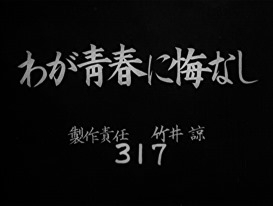 |
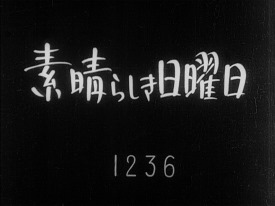 |
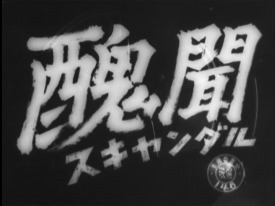 |
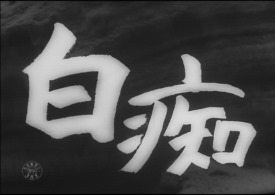 |
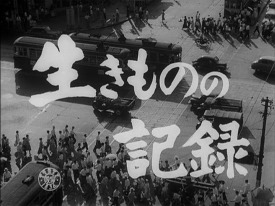 |
|
No Regrets for Our Youth
(1946) |
Posters
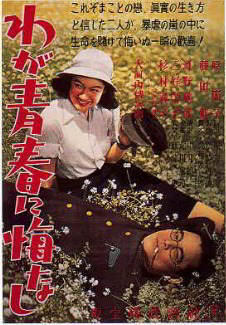 |
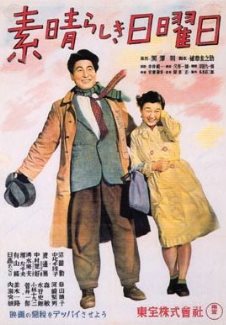 |
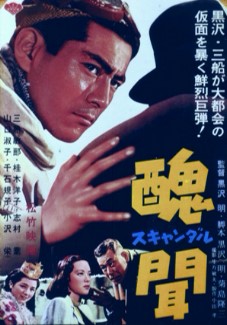 |
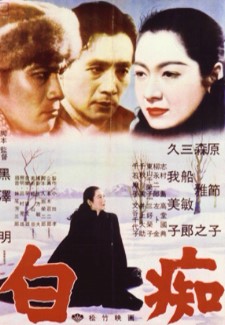 |
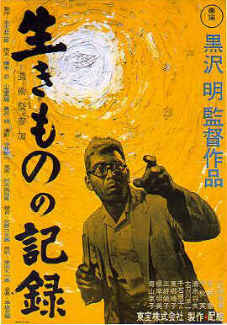 |
Theatrical Releases: 1946 - 1955
DVD Review: Eclipse Series Seven from the Criterion Collection (5-disc) - Region 1 - NTSC
|
DVD Box Cover |
|
CLICK to order from:
|
| Distribution | Eclipse / Criterion Collection - Region 1 - NTSC | |
| Time: | Respectively - 1:50:52, 1:49:16, 1:44:52, 2:46:30 and 1:43:20 | |
| Bitrate: No Regrets For Our Youth |
 |
|
| Bitrate: One Wonderful Sunday |
 |
|
| Bitrate: Scandal |
 |
|
| Bitrate: The Idiot |
 |
|
| Bitrate:
I Live in Fear |
 |
|
| Audio | Japanese (original mono) | |
| Subtitles | English, None | |
| Features |
Release Information: Edition Details:
• one page (for each film) of liner notes in the
transparent case
|
|
|
|
|
| Comments: |
NOTE: The 5 main features of this boxset are housed in individual slim transparent keep cases (see image above) they are not sold separately at this time. These particular editions can only be obtained in Criterion's Eclipse Series Seven - Postwar Kurosawa package at present. All five DVDs are dual-layered and, very encouraging, are NOT pictureboxed transferred (see our full description of 'pictureboxing' in our Kind Hearts and Coronets review). Each are coded for Region 1 in the NTSC standard. The transfers are progressive and in the original 1.33 aspect ratio. The audio for all is original mono Japanese and there are optional English subtitles. Aside from one page liner notes there are no extras - keeping in-line with Criterion's edict in regards to their sub-label Eclispe. We have compared to existing editions (Masters of Cinema's Region 2 NTSC editions of Scandal and The Idiot and the single-layered PAL BFI in the case of I Live in Fear). Specific observations are as follows:
No Regrets for Our Youth has damage issues but presents itself
much superior to any other DVD editions I have seen (Mei Ah have put out
nearly all of Kurosawa's films on the most deplorable transfers I have
seen with ineffectual subtitle translations fraught with grammar and
spelling errors). The Eclipse version has plenty of visible scratches
but if you look deep enough you can see some grain amongst the speckles.
Setsuko Hara's eyes and visage still stir emotional response and her
performance is mesmerizing. Overall it has moments of strong quality and
some inherent visual weaknesses as well - Criterion have done very
little in terms of restoration but their subtitle translation seems
professional (as always) and this is the best English-language digital
release of this film ever available to my knowledge.
Bitrates are very strong ranging in the high 8's for
all except The Idiot (languishing at 5.54 MBPS) for some reason.
Aside from one page liner notes for each film (visible
on the inner case sleeve through the transparent case cover) there are
no supplements.
The sound is all original Japanese mono
and dialogue is clear and quite audible
- I noted a couple of instances of pops and drop-outs, but overall it is
acceptable considering the age and condition of the films. To get dual-layered DVD transfers of
these masterwork films so competently rendered at a purchase price of
less than $10 each is indeed a fabulous bargain.
Eclipse
are making some important films affordable and
accessible to vast audiences that have never been exposed to them
previously. We continue to encourage them in this wonderful project.
Strongly recommended! |
DVD Menus
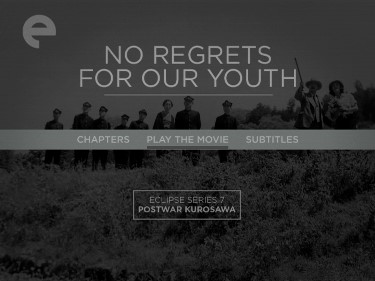 |
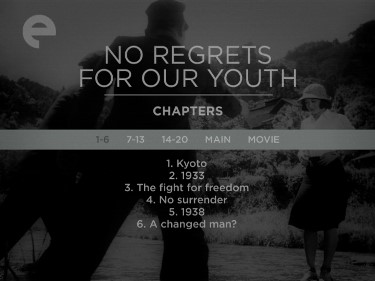 |
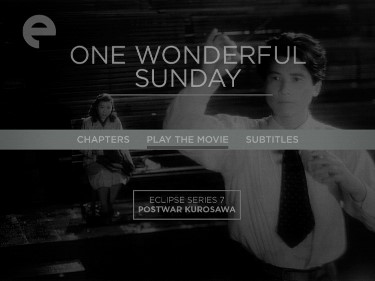 |
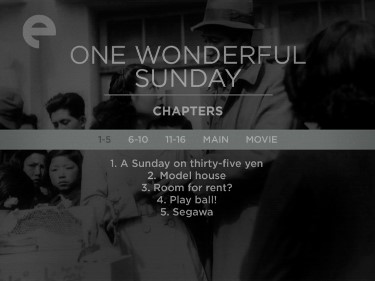 |
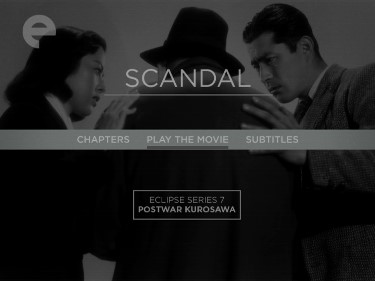 |
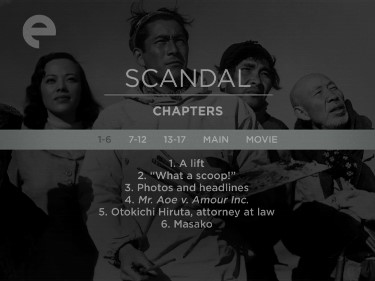 |
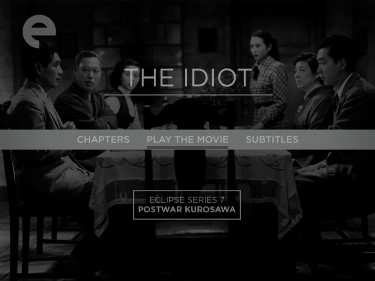 |
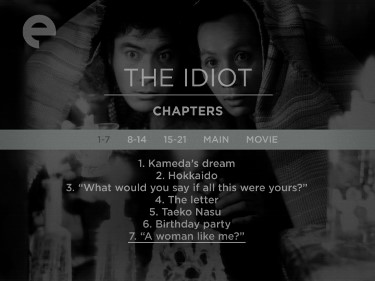 |
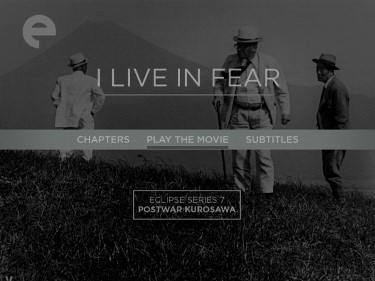 |
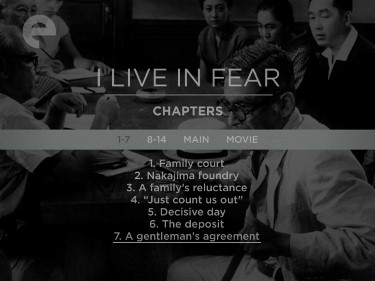 |
Slim Transparent Keep Case Cover
|
|
Screen Captures
Directed by Akira Kurosawa
|
|
|
|
|
|
Slim Transparent Keep Case Cover
|
|
Screen Captures
One Wonderful Sunday (1947) aka 'Subarashiki nichiyobi '
Directed by Akira Kurosawa
Subtitle Sample
|
|
|
|
|
|
|
|
Slim Transparent Keep Case Cover
|
|
Screen Captures
Scandal (1950) aka 'Shubun - Sukyandaru'
Subtitle Sample (Eclipse
#7 (Postwar Kurosawa) - Region 1 - NTSC TOP vs. Eureka (Masters of
Cinema) - Region 2 - NTSC
BOTTOM - reviewed
HERE)
NOTE: Subtitle sample is not same
frame (but pretty darn close!)
Directed by Akira Kurosawa
|
|
|
|
(Eclipse #7 (Postwar Kurosawa) - Region 1 - NTSC TOP vs. Eureka (Masters of Cinema) - Region 2 - NTSC BOTTOM - reviewed HERE)
|
|
|
|
(Eclipse #7 (Postwar Kurosawa) - Region 1 - NTSC TOP vs. Eureka (Masters of Cinema) - Region 2 - NTSC BOTTOM - reviewed HERE)
|
|
|
|
The Idiot (1951) aka 'Hakuchi'
Directed by Akira Kurosawa
(Eclipse #7 (Postwar Kurosawa) - Region 1 - NTSC TOP vs. Eureka (Masters of Cinema) - Region 2 - NTSC BOTTOM reviewed HERE)
NOTE: Subtitle sample is not same frame (but pretty darn close!)
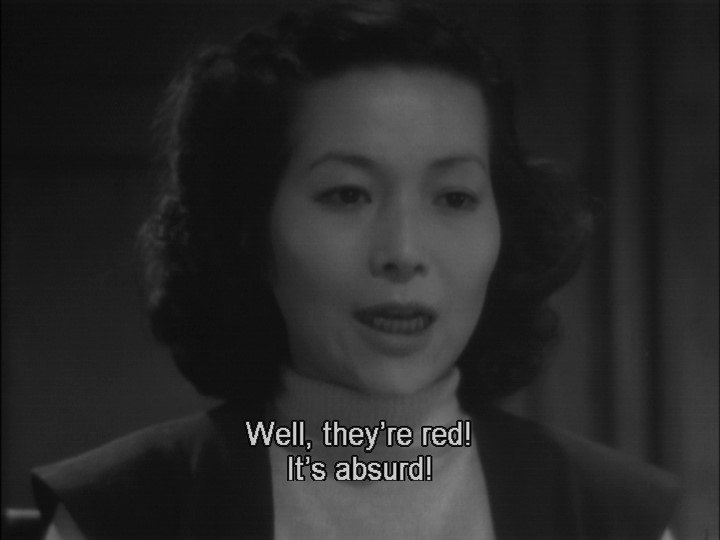 |
|
|
(Eclipse #7 (Postwar Kurosawa) - Region 1 - NTSC TOP vs. Eureka (Masters of Cinema) - Region 2 - NTSC BOTTOM reviewed HERE)
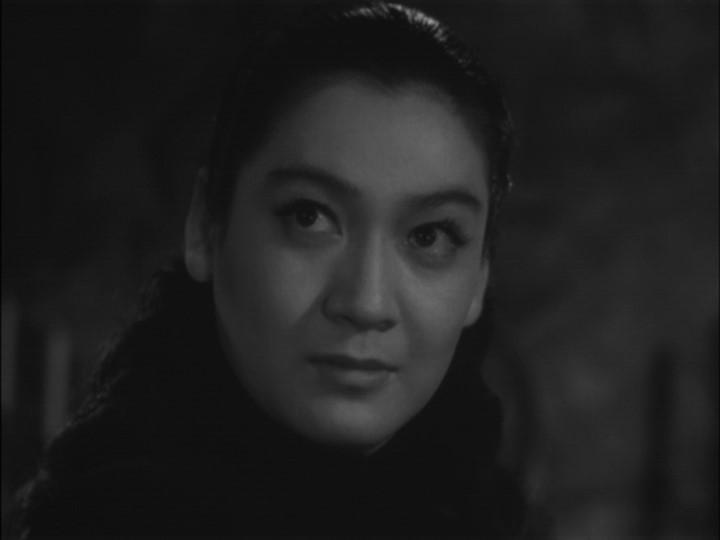 |
|
|
(Eclipse #7 (Postwar Kurosawa) - Region 1 - NTSC TOP vs. Eureka (Masters of Cinema) - Region 2 - NTSC BOTTOM reviewed HERE)
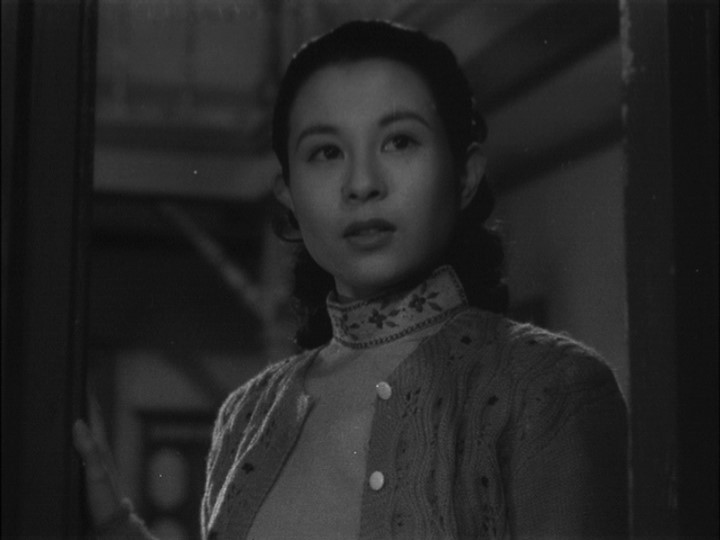 |
|
|
Slim Transparent Keep Case Cover
|
|
Screen Captures
I Live in Fear (1955) aka 'Ikimono no kiroku" I Live
In Fear: Record of a Living Being" or "Record of a Living Being" or "What
the Birds Knew"
Directed by Akira Kurosawa
(Eclipse #7 (Postwar Kurosawa) - Region 1 - NTSC TOP vs. BFI - Region 2 - PAL - BOTTOM reviewed HERE)
NOTE: Subtitle sample is not same frame.
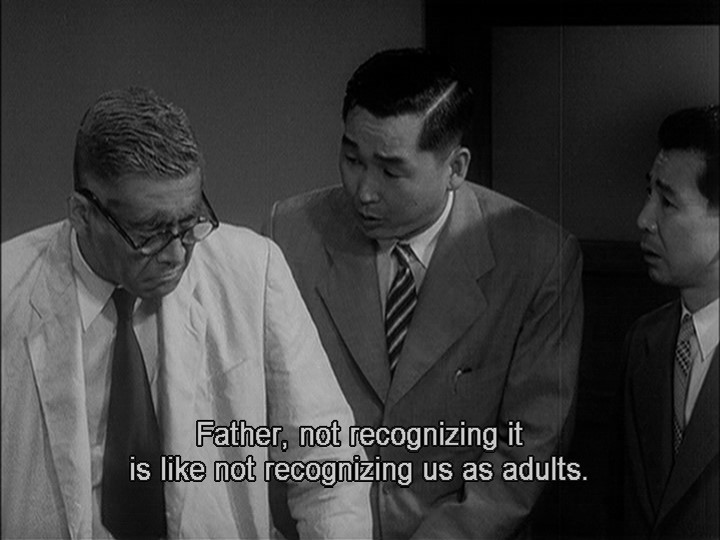 |
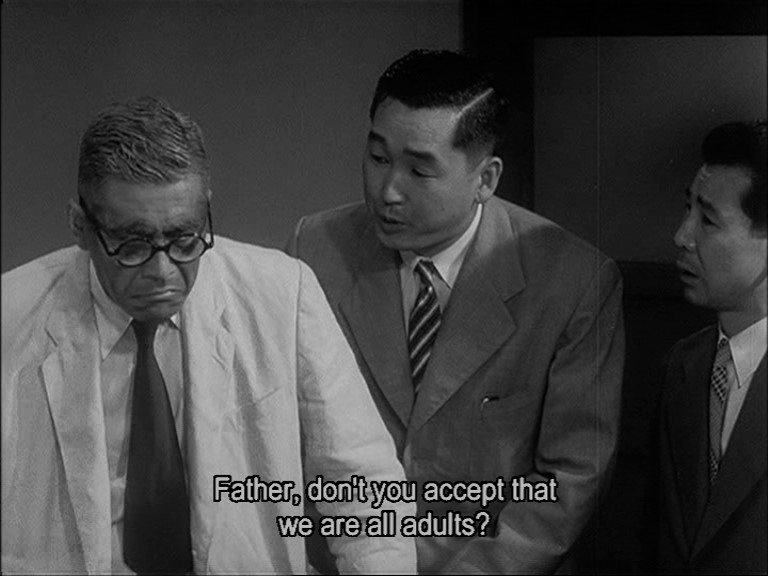 |
(Eclipse #7 (Postwar Kurosawa) - Region 1 - NTSC TOP vs. BFI - Region 2 - PAL - BOTTOM reviewed HERE)
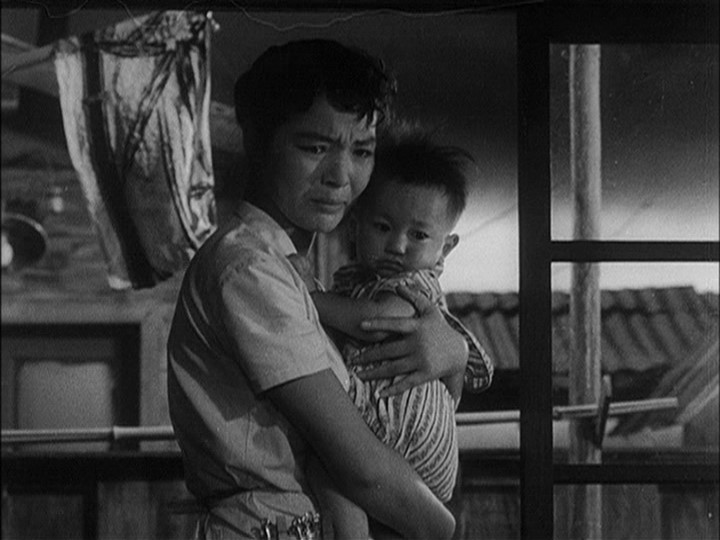 |
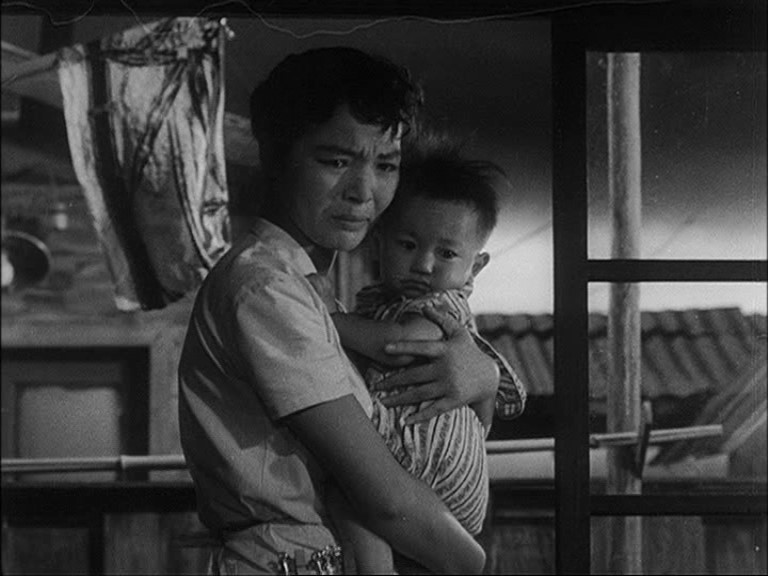 |
(Eclipse #7 (Postwar Kurosawa) - Region 1 - NTSC TOP vs. BFI - Region 2 - PAL - BOTTOM reviewed HERE)
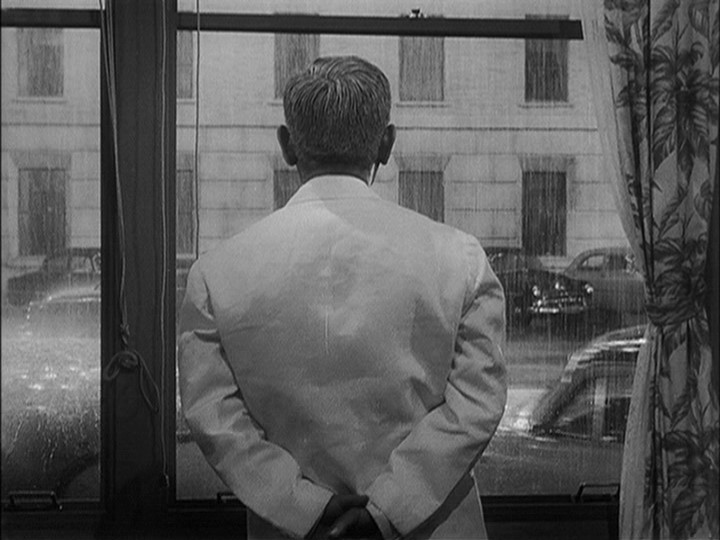 |
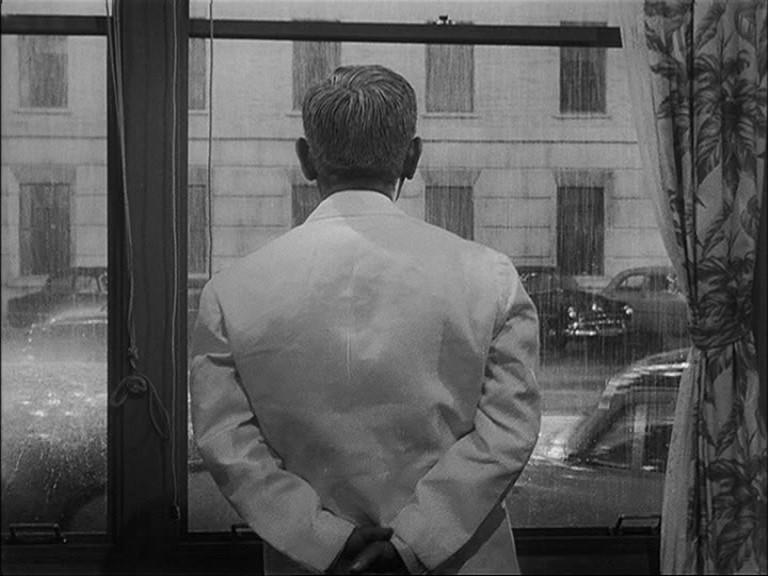 |



